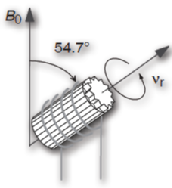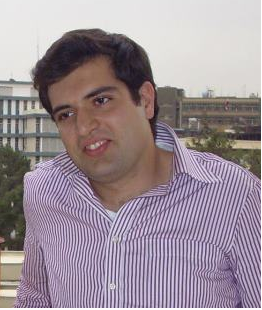Hasan Alkassem
Academic Life
I have graduated from the University of Damascus, school of chemistry. During my undergraduate life I was partly responsible for the quality control Lab in my family’s industrial business which made me more interested in chemistry. After graduation, I filled a position of a Lab demonstrator in the analytical chemistry Labs in Damascus University for three semesters where teaching and learning hand-to-hand with undergraduate students were performed.
AS:MIT Course
The course has been accomplished and passed with 70% overall grade (Merit).
AS:MIT is a very big bag including a lot of theoretical knowledge and experimental skills of almost all the analytical and instrumental techniques used in the modern Labs. This bag can be carried to the next step which will be either a PhD research or a position in a pharmaceutical or industrial company.
To be frank with you, the first two months of the master were really difficult. Furtunately, the suitable environment around including the nice and helpful staff and students reduces this dificulty. Then I started by increasing my skills and experience to jump over the hindrances one by the other. The skills and experience acquired are really amazing and are actually worth not less than the knowlege itself. After all the eight modules were done, I felt that NMR science is really interesting as it is something extremely deep by dealing with the smallest object in the world "The Nucleus" as well as its important applications in academic and industrial researches. Hence, I did join the NMR research group in chemistry department at Warwick. My research project was supervised by Dr Józef Lewandowski
in chemistry department at Warwick. My research project was supervised by Dr Józef Lewandowski  and involved collaboration with Pfizer.
and involved collaboration with Pfizer.
About My Research
The aim of the project was employing solution and solid-state NMR for facilitating chromatography method development. NMR relaxation measurements were utilized to study qualitatively and quantitatively the hydrophobic interactions between studied analytes and stationary phases as well as mobile phases which are commonly used in reversed phase chromatography systems.
As heterogeneous samples consisting of a mixture of solution and solid were investigated, spinning the samples in the magic angle MAS ≈ 54.7° with respect to the magnetic field B0 (Fig.1) had a very active role in resolving the spectra by averaging out the bulk magnetic susceptibility which results in broadening the lines of spectra. Thus, using solid-state NMR was essential in our study.

Fig.1.The magic angle spinning employed in the solid-state NMR spectrometers
The study included six different analytes, three different stationary phases and two different mobile phases. The results show a very good correlation between the NMR measurements and the chromatographic data.
Where I am now !
As I mentioned, ASMIT is a big bag of acquired skills and experience to be carried to the next stage. one of the tools that I was in particular interested to use and widen my knowledge about is the Atomic Force Microscopy (AFM). We have been introduced nicely and energetically to this realm of microscopy during the ASMIT course and I found it quite interesting. Thus, I am now a PhD student in the University College London (UCL) using the AFM facilities to resolve the protien self-assembly in real time.

